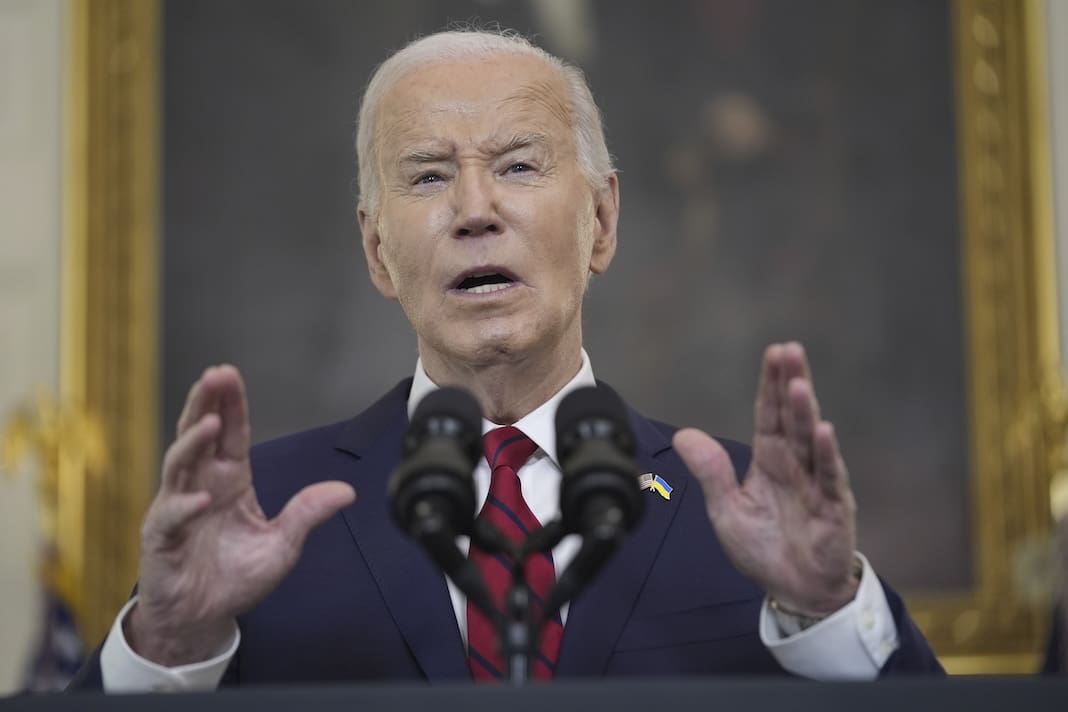Wisconsin Legislature sues Gov. Evers over line-item vetoes of literacy legislation
‘This is yet another Republican effort to prevent Gov. Evers from doing what’s best for our kids and our schools,’ a spokesperson for Gov. Tony Evers said.

Democratic Gov. Tony Evers and the Wisconsin Department of Public Instruction are facing a lawsuit from the Wisconsin State Legislature over a bill related to literacy education that was enacted earlier this year.
Evers exercised his line-item veto authority when he signed into law 2023 Act 100 in February. The law allocates $50 million in funding for literacy instruction that was included in the 2023-2025 state budget, directing the money toward literacy coaches, early literacy curricula grants for schools, and additional support for the DPI’s Office of Literacy.
The law modifies 2023 Act 20, a bill that Evers signed last year that created the Office of Literacy and curricula-purchasing grants and makes other changes to existing early childhood literacy instruction in Wisconsin.
Act 100 allocates $50 million in funding for literacy instruction that was included in the 2023-2025 state budget. The law directs that money toward literacy coaches, providing early literacy curricula grants for schools and to provide additional support to the DPI’s Office of Literacy.
Evers’ line-item vetoes removed an automatic repeal date of July 1, 2028, for the allocations and, according to a statement issued by Evers’ office in February, fixed “an inadvertent or intentional error that could have provided ongoing per pupil increases to private choice or independent charter schools.”
The changes were intended to allow DPI “to administer the literacy coaching program, curriculum grants, and financial assistance for early literacy professional development effectively and efficiently,” Evers’ office said. The governor said, “Doing what’s best for our kids means making sure our kids have the reading and literacy tools and skills to be successful both in and out of the classroom, as is improving reading and literacy outcomes for kids across our state.”
In its new lawsuit, the Republican-controlled Legislature claims that Act 100 is not an appropriations bill because it merely directs funds that already existed in the state budget, and therefore Evers’ line-item vetoes are improper and unconstitutional. The suit notes that, according to the state Constitution, “the Governor may partially veto only an ‘[a]ppropriation bill.”
The suit charges that the law as approved gives the Department of Public Instruction too much discretion over how to spend the $50 million: “The unconstitutional partial veto of Act 100 leaves the Legislature in a dilemma: JCF [the Legislature’s Joint Finance Committee] would like to fund the literacy programs created in Act 20, as specified in the bill, but the partially vetoed version of Act 100 does not ensure that the funds would be used on the literacy programs created by Act 20. Rather, any money directed under the partially vetoed version of Act 100 might (but should not) be treated by DPI as money that can be used by the Office of Literacy for any nondescript ‘literacy program’ of DPI’s invention.”
Evers’ office hit back at the assertions made in the lawsuit.
“When the Legislature passes an appropriations bill, the governor can exercise line-item veto authority under the Wisconsin Constitution, and Republicans didn’t seem to have concerns about this concept until Wisconsinites elected and re-elected a Democratic governor,” spokesperson Britt Cudaback said in a statement provided to the Wisconsin Independent. “This is yet another Republican effort to prevent Gov. Evers from doing what’s best for our kids and our schools—this time about improving literacy and reading outcomes across our state.”
It’s the second time in recent months that Republicans in the Wisconsin Legislature have been at odds with the Evers administration in relation to Act 20.
In March, they voted to reject 11 new curricula recommended by the Wisconsin Department of Public Instruction that would have been used in teaching students in kindergarten and grades 1-3 of the state’s public and private schools to read.
Republicans in the Legislature instead adopted a shorter list of reading curricula, despite the DPI’s concerns that the materials had not been properly reviewed and that the state could potentially face lawsuits over curricula that were not approved.
“Act 20 is about doing what is best for kids through evidence-based teaching and learning, and I stand behind the strong list of high-quality instructional materials the Department of Public Instruction submitted for potential state support,” Jill Underly, the state superintendent and head of DPI, said at the time. “Today’s action to limit the curricula that will qualify for additional state funding is a missed opportunity, which will unfortunately limit the potential reach and impact of our bipartisan curricular changes for students across Wisconsin.”




